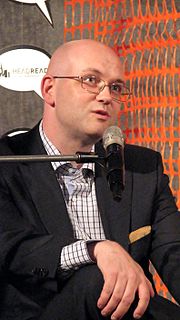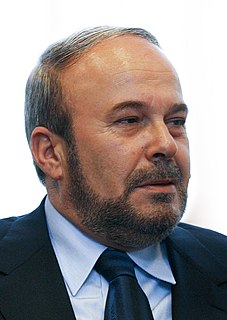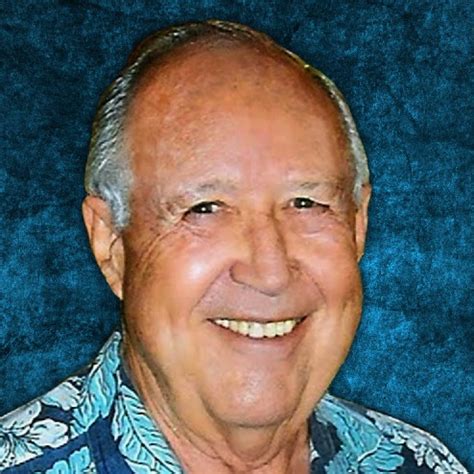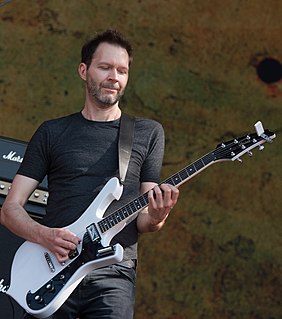A Quote by John Malkovich
Related Quotes
Genocide is not just a murderous madness; it is, more deeply, a politics that promises a utopia beyond politics - one people, one land, one truth, the end of difference. Since genocide is a form of political utopia, it remains an enduring temptation in any multiethnic and multicultural society in crisis.
I shall speak of how melancholy and utopia preclude one another. How they fertilize one another... of the revulsion that follows one insight and precedes the next... of superabundance and surfeit. Of stasis in progress. And of myself, for whom melancholy and utopia are heads and tails of the same coin.
I'm fascinated by the First World War because it was supposed to be the war to end all wars, and it was the biggest conflagration that this particular planet had seen. There was a lot of talk about utopia and how it was possible, and then, because of these events that for one reason or another couldn't be stopped, the idea of utopia went out the window.
I think it's important that we do it [defeat ISIS] in concert with other nations in Europe, the Middle East, elsewhere if necessary. And that means you've got to work with people. You don't insult them. You don't insult their religion. And it means we have to see our entire country, all of the people in it, as part of our first line of defense.
What begins as a Utopian vision, always - always - ends in bloodshed. Because you have to force a utopia on a free people. Free people want to pursue their own happiness, but a one-size-fits-all approach requires herding the free, against their will, into the state's idea of what's right. Then it's not utopia.




































